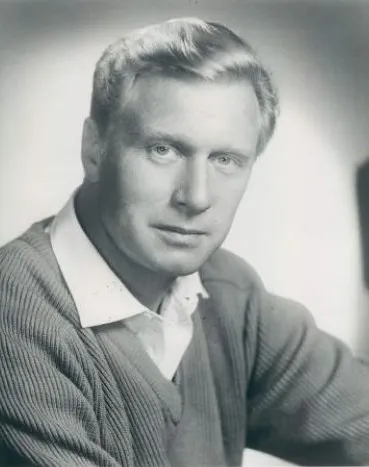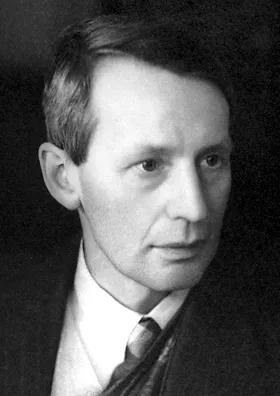
Name: Pete Seeger
Birth Year: 1919
Death Year: 2014
Nationality: American
Profession: Singer-songwriter, guitarist, and activist
The Life and Legacy of Pete Seeger
Born in the bustling atmosphere of 1919, Pete Seeger emerged into a world brimming with change. His family, steeped in musical tradition, nurtured his talents from an early age. As a child, he often wandered through the woods near his home, listening to the sounds of nature that would later inspire his songwriting. However, it was not just the melodies of birds that captured his imagination; it was also the deep-rooted struggles of humanity that stirred something within him.
During the Great Depression, young Pete found himself fascinated by folk music songs sung by everyday people with stories to tell. Perhaps this fascination stemmed from witnessing firsthand the hardships faced by those around him. In high school, he began playing banjo and guitar, immersing himself in American folk traditions while developing a keen sense for social justice a theme that would run like a thread through his entire career.
His professional journey took off during World War II when he enlisted in the Army and joined its Special Services division. Ironically enough, instead of fighting on battlefields abroad like many of his peers, Seeger found himself entertaining troops with music a form of healing during tumultuous times. This experience reinforced his belief in music as a vehicle for change and unity.
A Rising Voice
By 1940s’ end, Seeger's reputation as a prominent folk musician solidified further after co-founding The Weavers a group that brought traditional American folk songs into mainstream consciousness. Their rendition of “Goodnight Irene” became an overnight sensation! Yet behind this fame lay challenges; their political affiliations led to scrutiny during McCarthy's Red Scare era.
Despite this intense scrutiny and blacklisting from major record labels due to suspected communist ties an irony considering how deeply rooted American folk music is in social critique Seeger refused to compromise on his values or artistic integrity. Instead of retreating into silence after being called before Congress to answer questions about alleged communist activities , he sang defiantly! “If I Had a Hammer” became an anthem for civil rights movements across America at that time.
The Activist Songwriter
Who knows how many hearts were touched by Seeger's unwavering commitment? Throughout the decades following this tumultuous period the 1960s saw him emerge as one of America’s leading voices advocating for civil rights alongside activists like Martin Luther King Jr.. His song “We Shall Overcome,” arguably capturing this spirit most poignantly quickly transformed into an anthem uniting various movements dedicated towards equality!
This dedication extended beyond racial justice; environmentalism became another crucial chapter within Seeger's narrative arc too! Ironically enough even as society raced forward technologically the messages embedded within much earlier works such as “Pollution” served as warnings about neglecting our planet's fragile ecosystems!
The Enduring Influence
Pete’s career spanned more than seven decades an impressive feat few can claim! From performing at large festivals such as Woodstock down through intimate gatherings at small venues across America Seeger had an uncanny ability not just draw crowds but make every individual feel valued amidst those gatherings: A true testament unto songwriting prowess entwined deeply with humanity itself!








